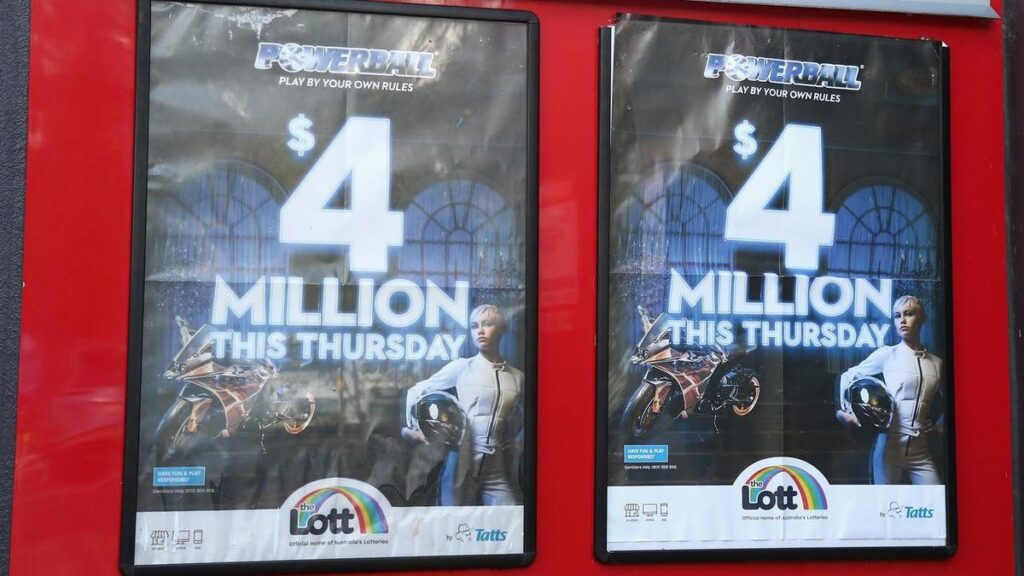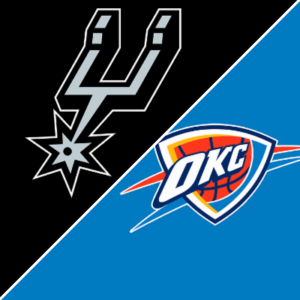
UPDATE: More than 3 million Australian adults have suffered from gambling-related harm in just the past year, according to alarming new findings released by the Australian Gambling Research Centre. With gambling participation on the rise, Australians are losing staggering amounts, totaling over $32 billion annually, the highest per capita losses in the world.
This urgent report highlights that 65 percent of participants in a recent study by the Australian Institute of Family Studies admitted to gambling at least once in the last year, with over 30 percent gambling monthly. The most common activities include lotteries, scratch tickets, and betting on sports.
The impact of gambling is profound, with many experiencing severe emotional distress. Over 3.1 million adults reported feelings of guilt, stress, and financial peril due to their gambling habits. Disturbingly, nearly 20 percent of individuals whose partners gamble regularly reported instances of intimate partner violence, compared to just 7 percent among those whose partners do not gamble.
Young adults are particularly vulnerable, with those aged 18 to 24 who gamble regularly nearly twice as likely to face severe gambling-related harm compared to older groups. Indigenous Australians report harms at a rate of 27 percent, nearly double that of their non-Indigenous counterparts.
The findings underscore the growing crisis, as noted by research fellow Gabriel Tillman: “We know that gambling can cause deep harm to individuals and families, profoundly impacting relationships, mental health, work, and other aspects of life.” He emphasized that the increase in reported harms amidst existing harm-reduction measures should alarm all Australians.
The federal government is currently under pressure to finalize its response to a landmark gambling harm inquiry by the end of 2025. This inquiry was initiated following the final report from late Labor MP Peta Murphy in mid-2023, which included key recommendations like banning gambling advertising and inducements.
Dr. Tillman criticized current measures, stating, “Government efforts to establish a self-exclusion register and self-imposed limits do not adequately address the modern realities of gambling.” He called for a shift towards a public health approach, highlighting that voluntary exclusion is insufficient in today’s evolving gambling landscape.
For those seeking help, immediate support is available through the National Gambling Helpline at 1800 858 858, as well as resources like 1800 RESPECT (1800 737 732), Lifeline (13 11 14), and beyondblue (1300 22 4636).
The time for action is now, as the consequences of gambling harm continue to ripple throughout Australian society, affecting individuals, families, and communities alike. Stay tuned for further updates as this developing story unfolds.






